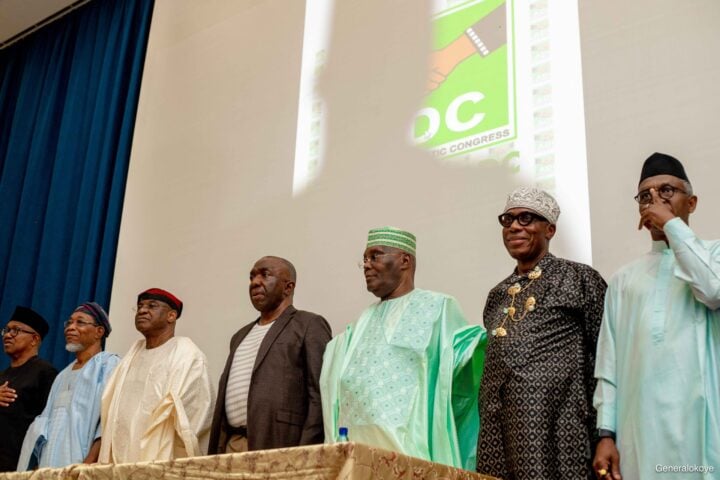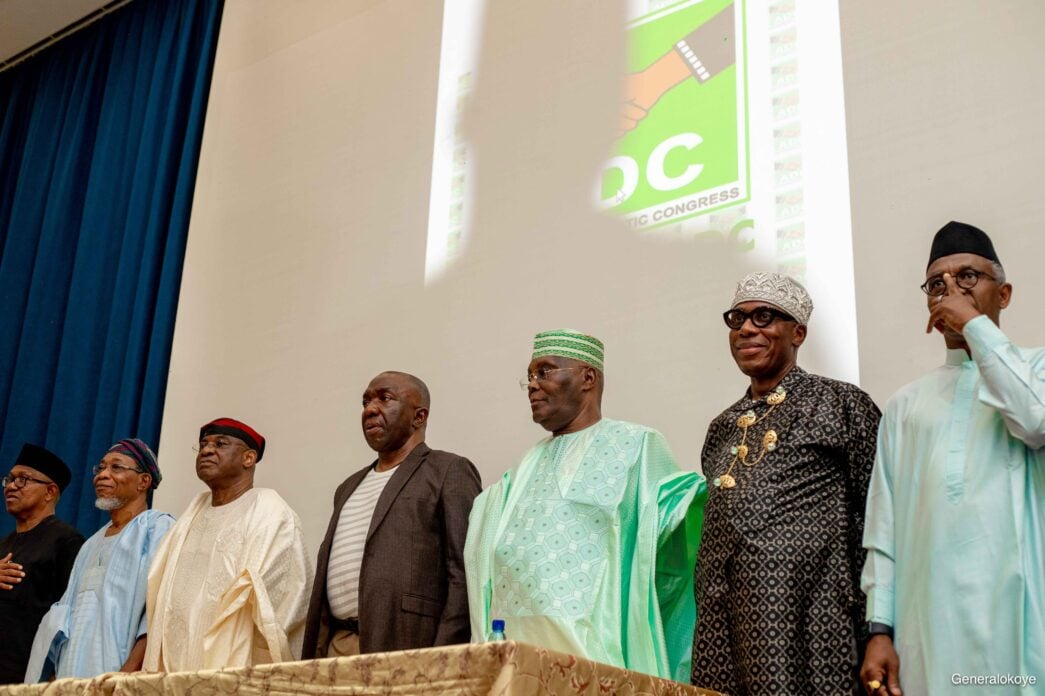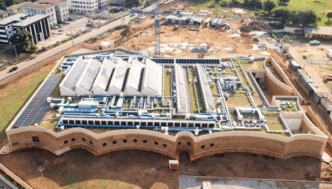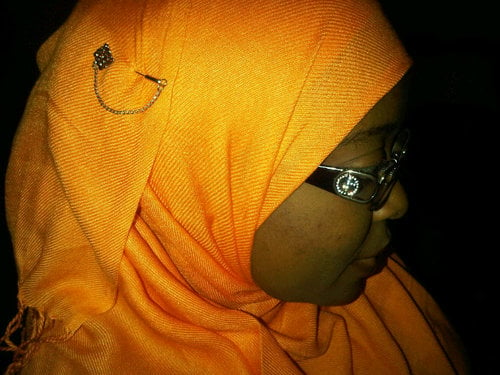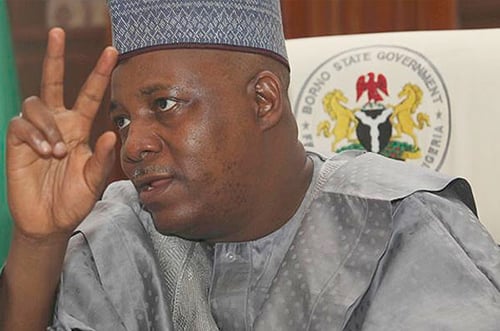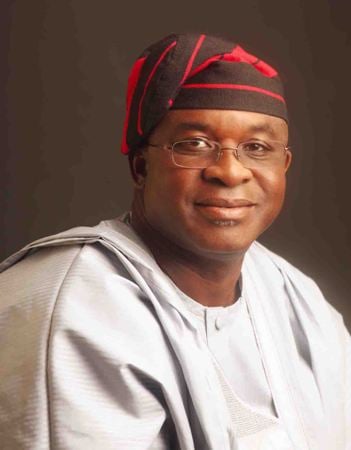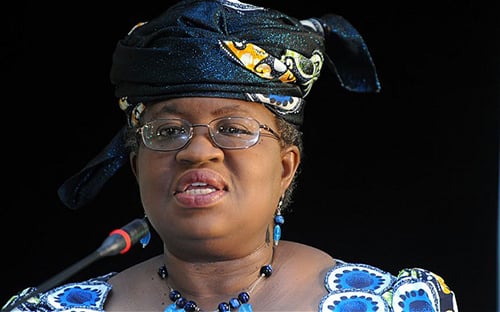L-R: Peter Obi, Rauf Aregbesola, David Mark, Ralph Nwosu, Atiku Abubakar, Rotimi Amaechi and Nasir el-Rufai
When the opposition coalition — the African Democratic Congress (ADC) — was launched in July, it entered the political scene with fanfare, positioning itself as a potential force to reshape Nigeria’s political landscape.
The coalition, which counts among its ranks prominent figures such as Peter Obi, the 2023 presidential candidate of the Labour Party (LP); Atiku Abubakar, former vice-president; David Mark, former senate president; Nasir el-Rufai, ex-governor of Kaduna; and Rotimi Amaechi, former governor of Rivers, vowed to challenge the ruling All Progressives Congress (APC) and to resist perceived attempts to turn the country into a one-party state.
Its formation was widely seen as a strategic response to the fragmentation of the opposition vote in the 2023 elections, which ultimately led to President Bola Tinubu’s victory.
But months after its debut, the coalition’s electoral returns have been underwhelming.
Advertisement
The first test of the ADC-led coalition came in August 2025, when INEC conducted a series of by-elections across federal and state constituencies. The alliance failed to secure a single seat. Also, it has not won any seats in the local government polls so far.
A second opportunity arose with the Anambra governorship election on Saturday, November 8. The ADC came fifth with just 8,208 votes, while the All Progressives Grand Alliance (APGA) won convincingly with 422,664 votes, followed by the APC with 99,445, the Young Progressives Party (YPP) with 37,753, and the Labour Party (LP) with 10,576.
Days before the poll, Atiku endorsed John Nwosu, the ADC candidate, urging Anambra voters to seize the election as a “unique opportunity to end the era of poor governance”.
Advertisement
“But, rather than being like any other, the election to elect the next governor of Anambra State on November 8 offers a unique opportunity to end the era of poor governance in the state, in addition to ensuring that the ruling APC does not get the chance of practising its notoriety of snatching and running away with the mandate of the people,” Atiku wrote.
The former vice-president’s call to Anambra voters failed to translate into significant votes for the coalition.
BACKGROUND OF THE ADC COALITION
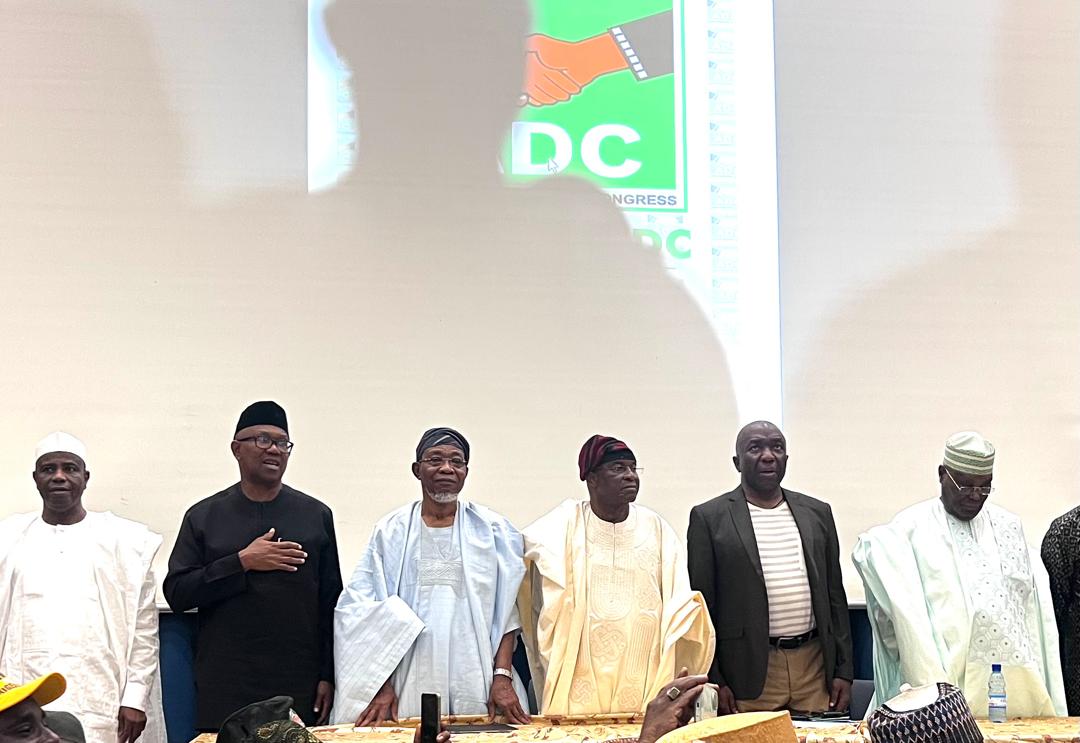
Before the coalition adopted the ADC as its platform, the party had minimal representation in elective offices, holding only two seats in the house of representatives.
Advertisement
On July 2, opposition figures announced the ADC as their umbrella platform. A leadership restructuring followed, with Ralph Nwosu’s executives stepping down to make way for a transitional team headed by Mark.
On July 3, Obi reaffirmed his commitment to the ADC, framing the decision as a necessary step to tackle Nigeria’s challenges and provide a new direction for the country.
“Our commitment is to sacrifice and work together towards the 2027 general elections, ensuring that Nigeria gets a competent, capable, and compassionate leadership that will prioritise the nation’s future by putting the welfare of Nigerians first,” he said.
Atiku, highly vocal on X, has consistently promoted the ADC as a credible platform for a broad opposition coalition aimed at “rescuing Nigeria” from the Tinubu-led APC, which he frequently criticises as “incompetent, dictatorial, and responsible for widespread poverty, insecurity, and hardship”.
Advertisement
Since mid-2025, the former vice-president has encouraged Nigerians — particularly youths and grassroots organisers — to engage with the party, participate in ADC events, welcome new members and appointees, and present the coalition as a unified front committed to strengthening democratic governance and opposing entrenched political interests.
Despite the initial enthusiasm, the coalition has struggled to secure victories at recent polls. The coalition’s low returns in the recent by-election and Anambra governorship poll suggest that national endorsements alone do not sway voter behaviour at the state level.
Advertisement
‘LOSSES NOT INDICATIVE OF 2027 PROSPECTS’
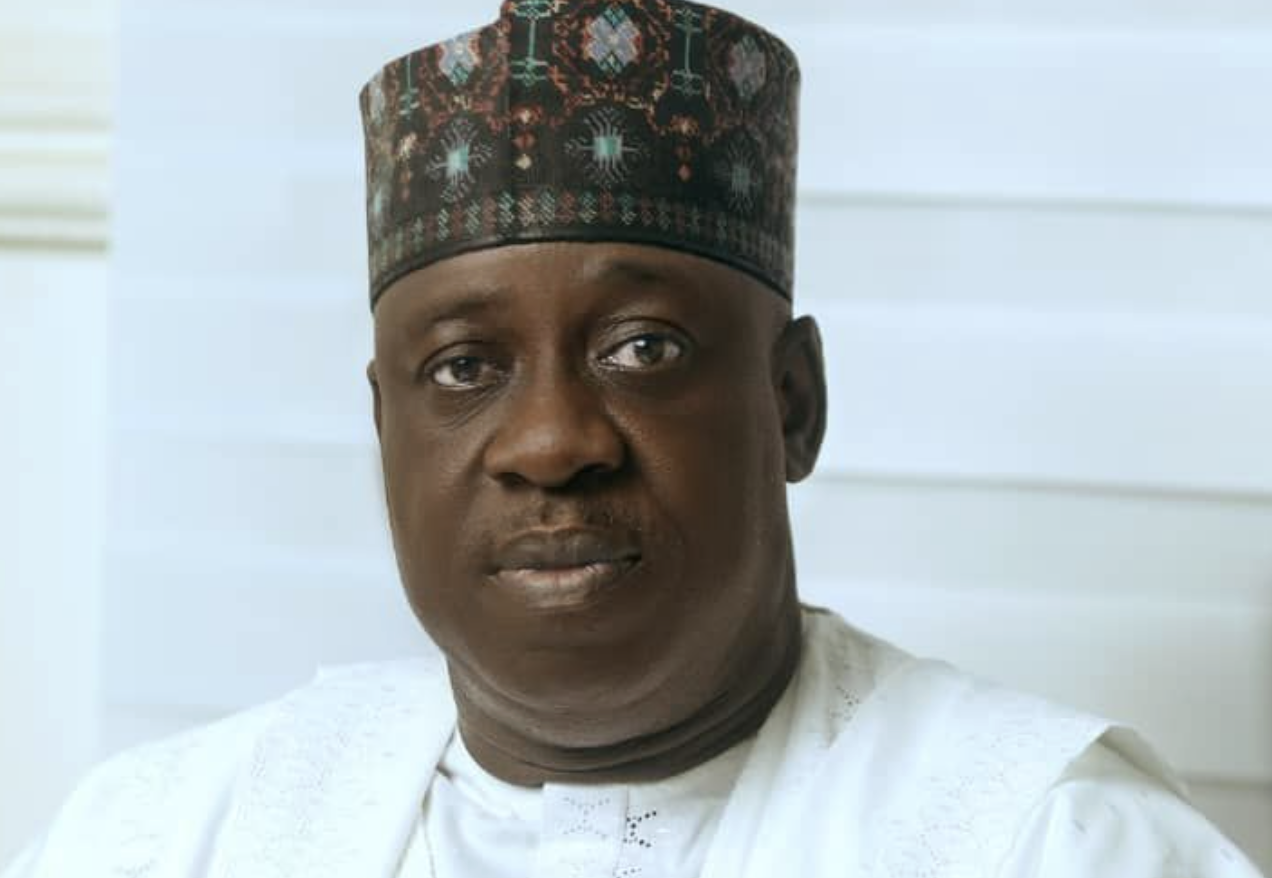
He told TheCable on Monday that the dynamics of general and presidential elections differ from those of local contests, noting that even at the peak of the PDP’s influence, Anambra state was won by APGA.
Advertisement
He said even the ruling APC was not able to take control of the state, adding that recent results should not be seen as predictive of outcomes in 2027.
Regarding the by-elections, Abdullahi said the coalition had only just formed at the time, and the candidates in those contests were selected before the coalition’s formation.
Advertisement
“These results do not reflect how Nigerians are likely to respond to the coalition in future elections,” he said.
WHAT’S NEXT?
As preparations for the 2027 general election advance, the ADC coalition faces the critical task of converting political visibility into organisational strength. Its success will depend on expanding beyond elite networks and alliances to build a credible grassroots voter base — essential to challenge the APC effectively or remain a political experiment.
The party will have the Ekiti governorship election next year as another opportunity to demonstrate its electoral strength.
